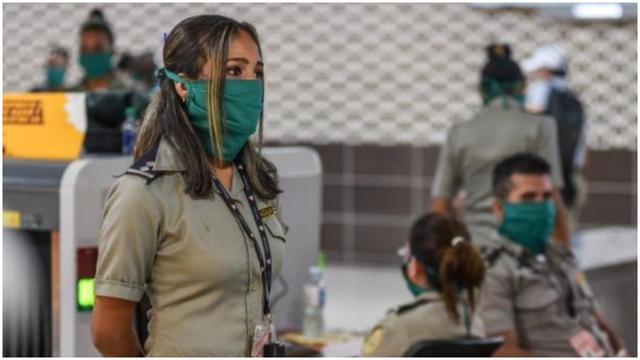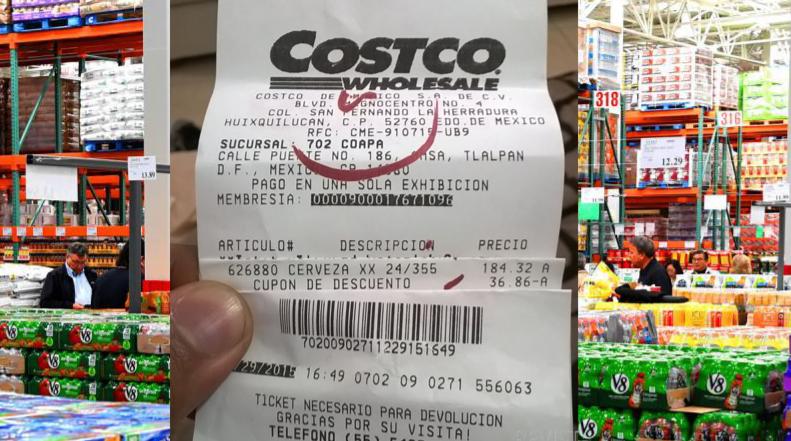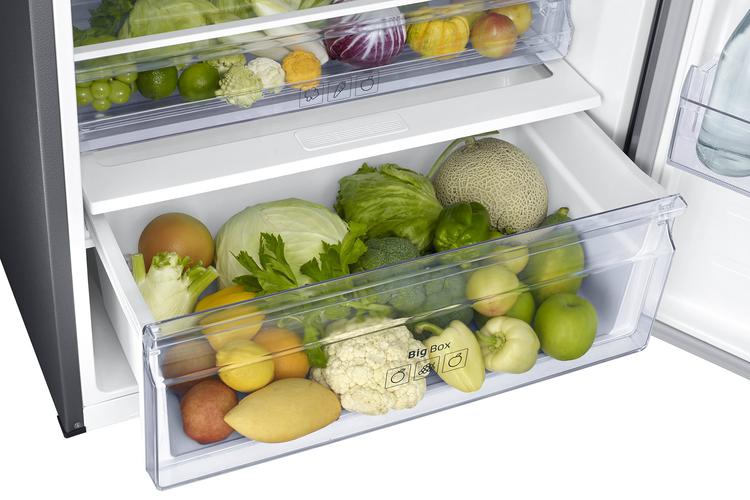Tips for traveling to Cuba with the new Customs import regulations
At CiberCuba we have written a group of tips that make it easier to pack your suitcase to travel to Cuba in 2021. People who intend to visit the island this year will be able to import some products duty-free, but the entry of these goods through Customs has a strict protocol of controls.
On July 19, the Cuban government imposed new customs regulations for passengers arriving in Cuba. The measure was approved after the protests of July 11 as a spillway to the crisis that the country is experiencing.
Travelers will be able to import food, toiletries and medicines as accompanied luggage, without limits on their value and without paying the Customs duties that are currently established.
To compile this list of recommendations that you should know if you want to avoid bad times when you arrive at the airport, we have taken into account the Official Gazette No. 62, where, in addition to the regulation, the complementary regulations of Customs and the Ministry of Public Health appear.
We remind you that this regulation of the Cuban government has been approved on a temporary basis. Benefits national and foreign travelers, residents or not in the country, until December 31.
1. Separate personal luggage
One of the most stressful moments after a flight to Cuba is arriving at the airport and being told by Customs: "Open the suitcase." If you do not want to go through such an unpleasant experience, it is best to separate your luggage by "themes".
Toiletries, medicines and food must be differentiated from each other and from the rest of your belongings. Customs has indicated to the Cuban official press that this requirement is a measure to facilitate and speed up the border crossing of travelers.
2. If you think that nothing will happen by wearing them mixed, you are wrong
Cuban Customs has created a space at international airports so that travelers can separate their belongings at the time of clearance.
In case of carrying products differentiated by packages, as established, people are allowed to leave directly through the green channel. This exempts you from going through the Customs office since the packages of medicines, food and cleaning products are exempt from payment.
3. Baggage weight limit is defined by the airline
When preparing your luggage, remember that now the weight limit is set only by the airline with which you are traveling to Cuba. If you do it from Europe, you can generally take a 23 kilo suitcase for free and another 10 kilos for hand luggage.

If you travel from the United States you can take your hand luggage of up to 20 pounds free on a charter flight and if you do it with American Airlines, it is enough that said suitcase meets the dimensions indicated by the airline to carry in the cabin.
As for the luggage that goes in the suitcase on the plane, if you plan to make your trip to Cuba on a charter flight you have free of charge up to 44 pounds and the difference up to 70 pounds must be paid by the customer at a price that ranges between 2 or 4 dollars per pound.
#RT @Mom_Junky: RT @Mom_Junky: How to Make a Candy Buffet https://t.co/Bx3eZASO44
— Deals, Coupons, Freebies & Giveaways Sun Nov 10 08:34:31 +0000 2019
In case of a regular flight with airlines such as American Airlines, 50 free pounds are included. All these data may vary depending on the company and the time you travel, so it is pertinent to check them when choosing the ticket.
4. Forget the picadillo!: Foods you can't import
The Ministry of Agriculture established special sanitary regulations for the importation of foods of animal origin. Importing fresh, frozen, dehydrated or salted meat is prohibited. Nor can fluid milk and dairy products in general not pasteurized enter the country.
The health authorities have indicated that these are products that have not had an industrial or thermal treatment and therefore are conducive to introducing exotic diseases. Although it seems strange, they have indicated that there are many cases of Cubans trying to enter packages of picadillo.
Rum and other alcoholic beverages are not considered food. Nor can products enter Cuba that require regulations from the countries that export them indicating that they are free of pests that affect vegetables and fruits.
5. Food you can import
Wines, liquors, juices, malted barley, instant soups, fruit puree, vegetables and other canned goods, roasted and salted fruits, grains and various seeds, roasted or ground coffee, oils and butters, frozen products, raw and refined sugar.
There are some products that require phytosanitary inspection, although they do not need a certificate for importation. They are watched so that they do not bring live pests. Among them are pasta, grains (beans, peas, lentils, chickpeas, rice and other food grains, spices and crushed condiments, in leaves and grains, nuts without shells, infusions and flours.
These types of products may involve marking your luggage for a phytosanitary review. It is done visually on a table, to check that it does not bring live pests.
6. Food you can take without stress
Bringing food to Cuba is a titanic task because it is very difficult to choose the best for our family. Remember that heat can affect some foods, so the smartest thing is to opt for canned meat and seafood.
Dairy products such as UHT fluid milk, condensed milk, evaporated milk and dairy desserts are allowed. Powdered milk is very durable, it can be stored and administered little by little, which in Cuba is of great value. Pasteurized mature cheeses can also be imported.
As for sausages, the government temporarily authorizes those that come from countries with agreements established between Official Veterinary Services, those eligible for Cuba are Spain, Portugal, the United States, Canada, Mexico, Panama, Costa Rica, Nicaragua, Brazil , Argentina, Chile and Uruguay.
Select to take to the island preferably vacuum-packed and labeled products. Always check that everything is properly identified and, if possible, use recognized trademarks.
The products must arrive in Cuba fully packaged. Prevents them from breaking in the packaging because they can be confiscated and incinerated, under the pretext that they could cause diseases.
7. Medicines: what to take and what not
The Cuban Ministry of Public Health also established its regulations on this subject. Medications whose importation is prohibited by international and Cuban regulations as they constitute drugs or pharmaceuticals with similar effects cannot enter the country.
You can enter the country medical supplies that are not considered as medicines, but that the Cuban authorities consider necessary, such as diagnostic devices for analysis and biosensors such as those used to measure blood glucose, sanitary masks, masks to administer oxygen, surgical scalpel , gloves, syringes and disposable culeros for adults.
8. Toilet, the heaviest package and the best received
Products such as soap, detergent, deodorants, powders, toothpaste or mouthwash, among others, are widely in demand in the country. They are usually heavy to transport and must be packed very well to prevent liquids from spilling when moving luggage.
Preferably carry powdered detergents, or tablets that are easier to transport and less heavy. The Cuban authorities have indicated that everything related to personal hygiene and household cleaning is scheduled for entry without quantity limits and without payment of tariffs.
It is important to remember in the case of passengers arriving through the tourist resorts of Varadero and Cayo Coco, that the Cuban government indicated "due to the limitations of the pandemic" that they will continue to allow a single piece of luggage.




